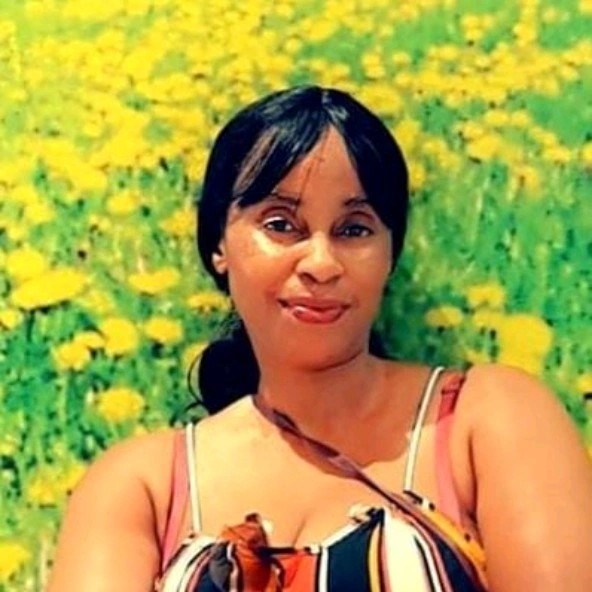By Fundiswa Ndlela
Fundiswa is a development practitioner and a social justice advocate with over 12 years’ experience in programme and project management in non-governmental organisations and government departments.
She enjoys working at multiple levels of society, collaborating to challenge and change the systems perpetuating poverty, unemployment, and inequality while promoting equal access, participation, and voice.
Fundiswa says: “South Africa is lagging behind on progressive gender-responsive budgets because, in times of economic crisis, the government implements budget cuts.
“Women’s realities in the country are still determined by race, class, and gender-based access to resources and opportunities. South Africa’s Living Conditions Survey (LCS) found that 74.8% of women-led households fall below the upper-bound poverty line, compared to 59.3% of men-led households and that this gender gap exists at each line of poverty.
This means that women experience poverty more frequently and are more vulnerable to it than men.
“Women earn less than men, so they don’t benefit from tax cuts.
Rural women and young girls spend more time fetching water and wood, instead of being economically active or attending school.
Women have lower incomes over a lifetime, therefore can’t afford private provisions when public services are cut.
“Budget cuts are gendered and sexist because women automatically assume the responsibility of care work – taking care of sick family members when the public health care system fails.
“Women accumulate lower levels of wealth, so they don’t benefit from business tax cuts.”









